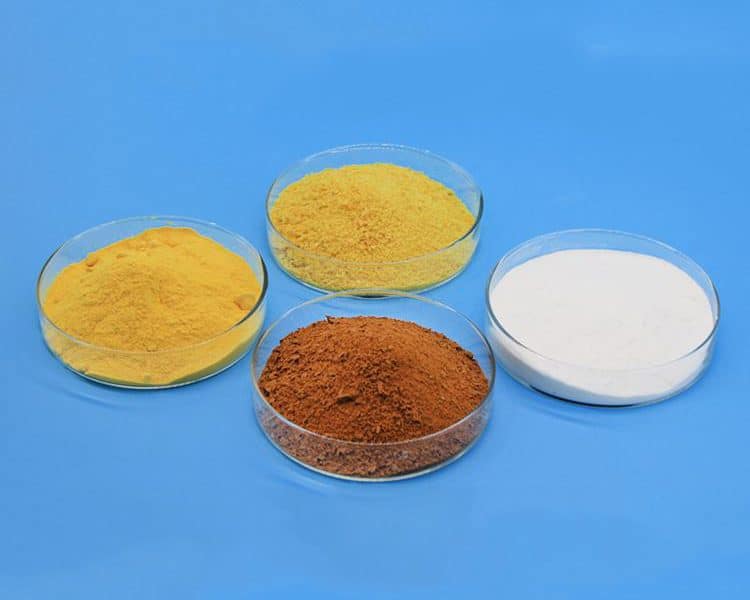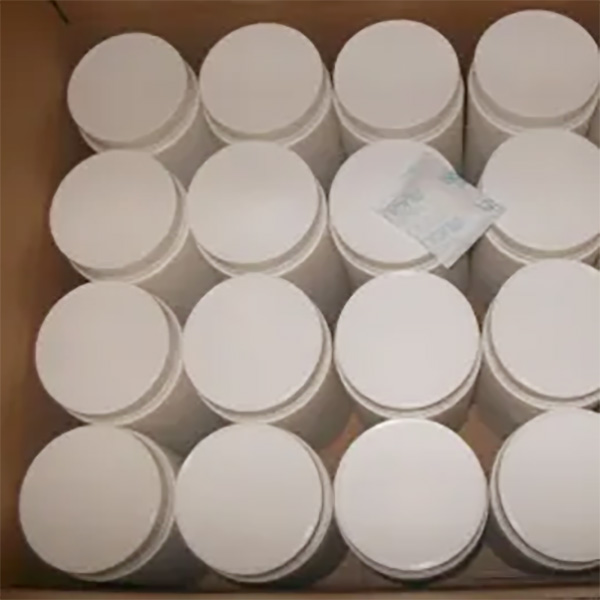
Water treatment is a crucial process for ensuring the quality and safety of the water we use in our daily lives. It involves various stages and techniques to remove impurities, contaminants, and pathogens from water sources, making it safe for consumption, irrigation, industrial use, and more. Water treatment chemicals play a central role in these processes. In this blog post, we’ll explore what water treatment chemicals are and which ones are commonly used.
Contents
What Are Water Treatment Chemicals?
Water treatment chemicals are substances used to purify water by removing or neutralizing impurities, contaminants, and microorganisms. These chemicals aid in various stages of water treatment, such as coagulation, flocculation, disinfection, and pH adjustment. They ensure that the water meets safety and quality standards, making it suitable for its intended use.
Commonly Used Water Treatment Chemicals
1. Coagulants
Coagulants are used to remove suspended particles from water by causing them to clump together and form larger particles that can be easily removed. Common coagulants include:
- Aluminum sulfate (Alum): A widely used coagulant that is effective in removing particles and improving water clarity.
- Ferric chloride: Another common coagulant that works similarly to alum and is effective in treating water with high levels of organic matter.
2. Flocculants
Flocculants work in tandem with coagulants to enhance the formation of larger particles for easier removal. They improve the efficiency of sedimentation and filtration processes. Common flocculants include:
- Polyacrylamides: Synthetic polymers that help bind particles together and form larger flocs.
- Polyaluminum chloride: A coagulant and flocculant in one, this compound is effective in water treatment and helps improve water quality.
3. Disinfectants

Disinfectants kill or inactivate harmful microorganisms such as bacteria, viruses, and protozoa. Commonly used disinfectants include:
- Chlorine: One of the most common disinfectants, chlorine is effective against a wide range of pathogens.
- Chloramine: A compound of chlorine and ammonia, chloramine is often used as a secondary disinfectant in water distribution systems.
- Ozone: A powerful oxidizing agent that can effectively eliminate pathogens without leaving residual taste or odor in the water.
4. pH Adjusters
pH adjusters help balance the acidity or alkalinity of water to ensure it meets regulatory standards and enhances the effectiveness of other treatment chemicals. Common pH adjusters include:
- Sodium hydroxide: Used to increase the pH of water, making it more alkaline.
- Sulfuric acid: Used to decrease the pH of water, making it more acidic.
5. Corrosion Inhibitors

Corrosion inhibitors protect pipes and infrastructure from corrosion caused by water. Common corrosion inhibitors include:
- Orthophosphates: Often used to prevent lead and copper corrosion in drinking water systems.
- Silicates: Used to form a protective layer on metal surfaces, reducing corrosion.
6. Scale Inhibitors
Scale inhibitors prevent the formation of mineral deposits (scale) in pipes and equipment. Common scale inhibitors include:
- Phosphonates: Effective in preventing scale formation by inhibiting the crystallization of minerals.
- Polyphosphates: Useful in controlling hardness and reducing scale formation in water systems.
7. Algaecides
Algaecides are chemicals used to control and prevent the growth of algae in water treatment systems. Algae can cause water to have an unpleasant taste, odor, and color, as well as interfere with water treatment processes. Common algaecides include:
- Copper sulfate: A widely used algaecide that effectively controls algae growth in water systems.
- Quaternary ammonium compounds: Often used in swimming pools and industrial water systems to manage algae growth.
8. Biocides
Biocides are chemicals used to control and eliminate microorganisms such as bacteria, viruses, and fungi. These are especially important in industrial water treatment processes, such as cooling towers, where microbial growth can affect efficiency and cause corrosion. Common biocides include:
- Bromine: An effective biocide used in water treatment, particularly in cooling towers and pools.
- Isothiazolinones: A group of biocides known for their effectiveness in controlling a broad range of microorganisms.
Choosing the Right Water Treatment Chemicals
Selecting the appropriate water treatment chemicals depends on several factors, including the specific needs of your water source, the treatment goals, and the end use of the water. Working with a water treatment specialist or a reliable supplier can help you choose the best chemicals for your situation.
It’s also essential to monitor and control the dosage of water treatment chemicals carefully. Overuse or underuse of these chemicals can lead to ineffective treatment or even cause harm to water quality and public health.
Environmental and Regulatory Considerations
When using water treatment chemicals, it’s important to be mindful of environmental and regulatory considerations. Proper handling, storage, and disposal of these chemicals are necessary to prevent environmental contamination and adhere to local, state, and federal regulations.
Additionally, emerging technologies and methods in water treatment may influence the use of certain chemicals. For example, advanced oxidation processes (AOPs) and biological treatment methods may reduce the reliance on traditional water treatment chemicals in some applications.
Conclusion
Water treatment chemicals are essential in ensuring that the water we use is safe and of high quality. They play a crucial role in treating water for drinking, industrial, agricultural, and recreational purposes. By understanding the types of water treatment chemicals available and their uses, water treatment professionals can optimize their processes and maintain high water quality standards.
Whether you need coagulants, flocculants, disinfectants, pH adjusters, corrosion inhibitors, scale inhibitors, algaecides, or biocides, it’s essential to work with a trusted supplier to ensure you receive high-quality products that meet your specific needs. If you are looking for a reliable source of high-quality water treatment chemicals, consider partnering with a trusted supplier like WaterCareChem to ensure the best results for your water treatment needs.
Last Updated on 2024-07-26 by system

2 thoughts